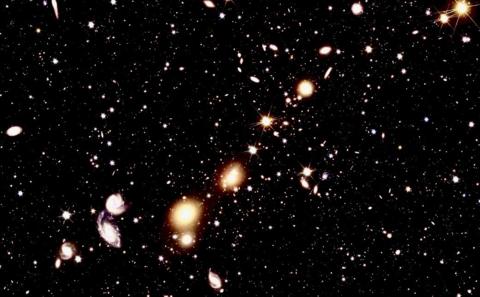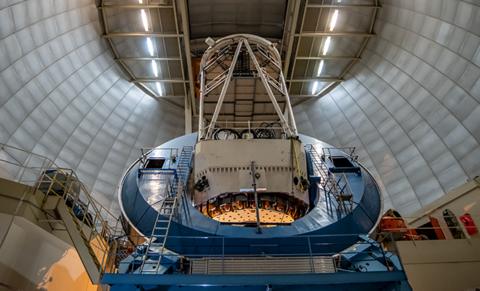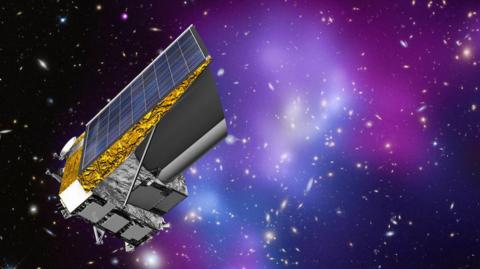The mysterious force called Dark Energy, which drives the expansion of the Universe, might be changing in a way that challenges our current understanding of time and space, scientists have found.
Some of them believe that they may be on the verge of one of the biggest discoveries in astronomy for a generation - one that could force a fundamental rethink.
This early-stage finding is at odds with the current theory which was developed in part by Albert Einstein.
More data is needed to confirm these results, but even some of the most cautious and respected researchers involved in the study, such as Prof Ofer Lahav, from University College London, are being swept up by the mounting evidence.


